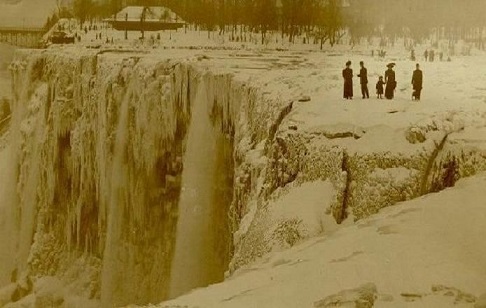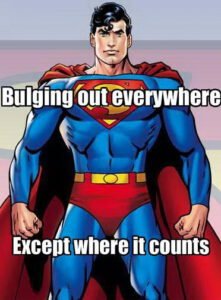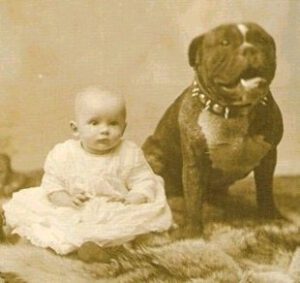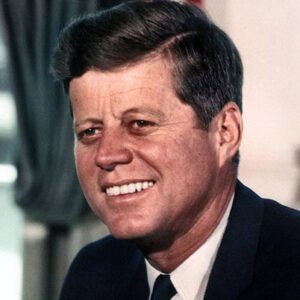
Has Niagara falls ever frozen completely over? That is, has it ever formed a complete land bridge made out of ice and stopped the flow of water completely? Sure, there are photographs that appear to show a phenomenon of magnificent proportions, but it hasn’t ever happened in recorded history. But it did come close.
There are plenty of urban myths abound surrounding a so called fact that Niagara Falls has frozen over at some point or another. The urban legends say that Niagara Falls froze over completely in the winters of 1911, 1912 or 1932. It’s even accompanied with photographic evidence. But Niagara falls have never frozen completely over in recorded history. So what are the photos showing?
What can occur is an ice bridge. An ice bridge is where the ice will form completely across the surface of the river, but beneath the ice the water will continue to flow. This is much like frozen lakes. The surface is frozen solid and you can walk across the surface. But under the surface lies liquid water.
Has Niagara Falls ever come close to being frozen completely over?
Remember when we said that it did come close? Niagara Falls did come close to freezing completely over on March 29 1848. That winter saw an ice jam in the upper river that stopped the flow for several hours. While the falls didn’t freeze over the flow of water was stopped to a point where people could walk out onto the ice bridge to collect artifacts from the river bed. This is the closest that Niagara Falls has ever come to being frozen completely over. A similar instance did occur on February 4, 1912, when an ice bridge yet again formed. Unfortunately the ice bridge was fragile and it broke up leading to the deaths of 3 tourists.
Has Niagara Falls ever frozen completely over at any other time?
While it has never frozen over in recorded history, it is perfectly reasonable that an event has occurred that saw such an event happen. One period that comes to mind is during the ice age. But, as no records were able to be kept of such a thing happening, we can only assume.







